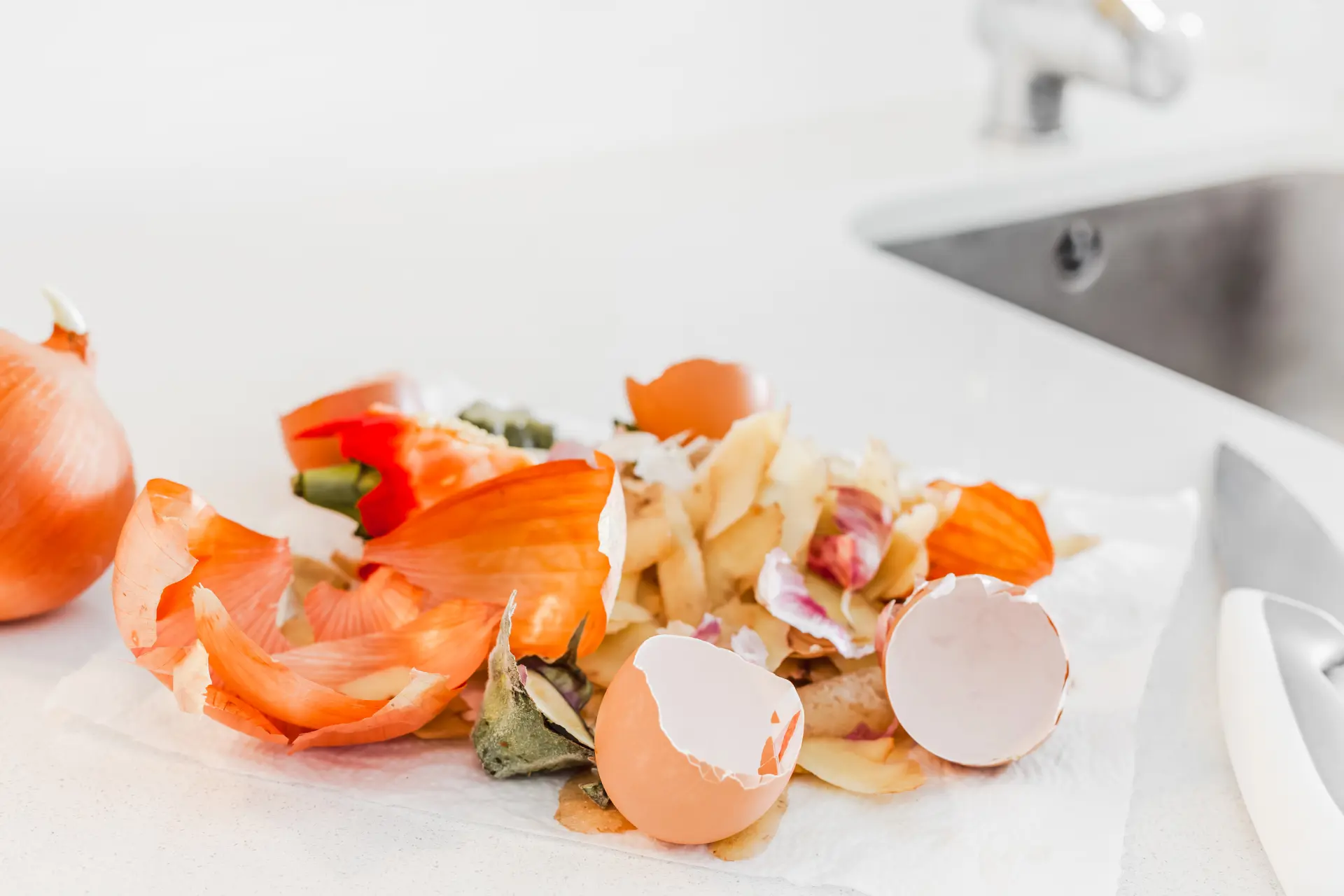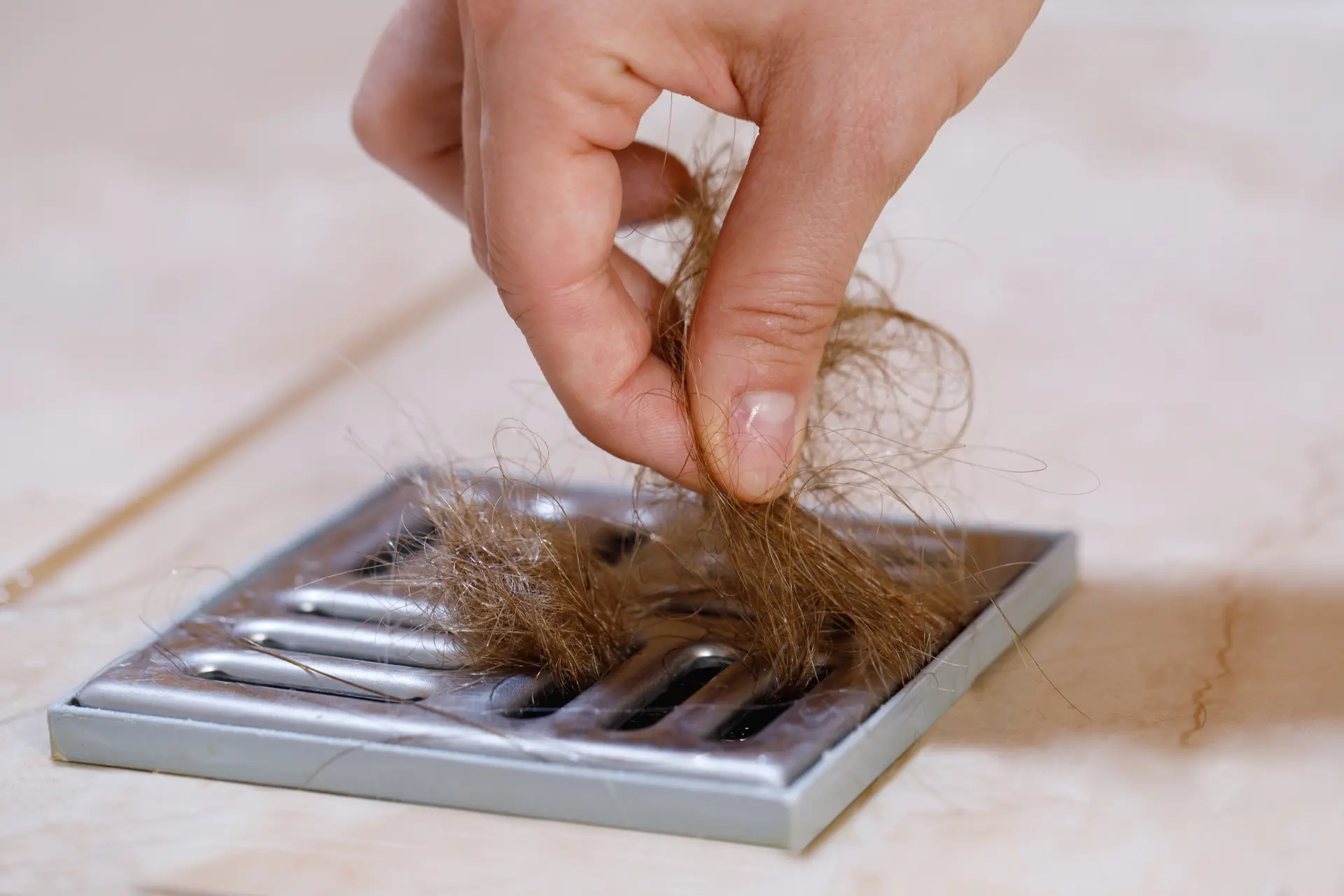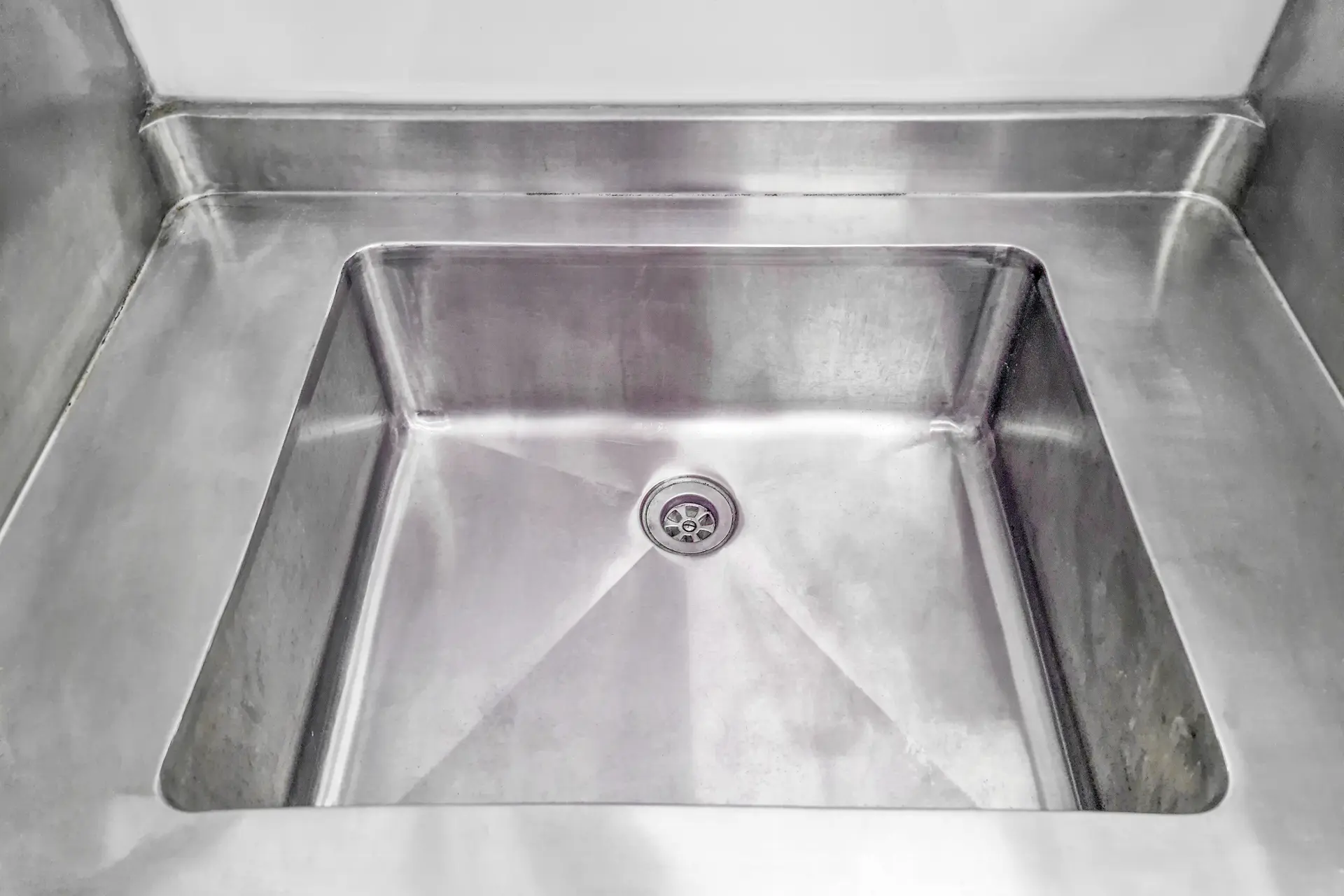We explore common items that should never go down your drain. Prevent blockages and costly repairs by knowing how to properly dispose of fats, food scraps, and more.
Fats, Oils and Grease
Fats, oils and grease might seem harmless when hot, but they cause serious problems once they cool. When poured down the sink, these substances harden and stick to the inside of pipes. Over time, this build-up can lead to blocked drains, unpleasant smells, and even damage to the sewer system. These blockages can be costly to fix and may affect more than one household.
To avoid this, allow fats and oils to cool, then scrape them into a bin or container before throwing them away. Never rinse greasy pans or plates without wiping them first with kitchen roll. Being careful with how you dispose of fats, oils and grease helps keep your plumbing working properly.
Food Scraps
Many people assume that small bits of food can be washed away without a problem, especially if they have a kitchen sink with a strainer. However, food scraps, whether large or small, should never go down the drain.
These bits can cling to other materials in the pipes, such as grease or soap, creating blockages over time. Foods like rice, pasta and bread swell up when wet, making the problem even worse. Even fibrous foods like potato peelings or celery can wrap around other waste and contribute to clogs.

Instead of rinsing food down the sink, scrape leftovers directly into the bin or compost. Using a sink strainer can help catch anything you miss while washing up.
If you’re in the habit of rinsing plates or dishes with food still on them, consider changing that routine to protect your pipes.
Preventing food from going down the drain doesn’t just save you money on plumbing bills—it also helps protect the wider drainage system and the environment.
Coffee Grounds
Coffee grounds are small, but they can cause big issues. When washed down the drain, they tend to clump together and mix with grease or soap to form stubborn blockages. Over time, these clogs can restrict water flow and lead to slow-draining sinks or full pipe blockages. Even if you use a sink strainer, some grounds can still get through.
The best way to dispose of coffee grounds is to put them in the bin or compost. They make great fertiliser for plants when used correctly. Keeping coffee grounds out of your drains is a simple step that can prevent plumbing problems in the future.
Hair
Hair is one of the most common causes of blocked bathroom drains. Whether it’s from washing your hair or shaving, loose strands easily get washed away. But once inside the drain, they tangle and combine with soap and other debris, forming clumps that stick to the inside of pipes. These clumps build up gradually and can cause slow drainage or even complete blockages.

To avoid this, always use a drain cover or hair catcher in your bath or shower. These tools are inexpensive and easy to clean. It’s also a good idea to check your drains regularly and remove any visible hair before it causes a problem.
Never try to force hair down the drain or use harsh chemicals to clear it, as these can damage your pipes.
Taking a few simple steps to keep hair out of your drains will save you from costly plumbing work and keep your bathroom running smoothly.
Wet Wipes and Baby Wipes
Wet wipes and baby wipes are often labelled as “flushable”, but they should never go down the drain. Unlike toilet paper, these wipes don’t break down easily in water. They stay whole and can get caught in the pipes, joining with other waste to form large blockages known as fatbergs. These can damage your plumbing and the public sewer system.
The best way to dispose of wipes is to put them in the bin. Even wipes that say they are biodegradable should never be flushed. Keeping wipes out of the toilet and drains is a simple but important step in preventing plumbing issues and protecting the environment.
Struggling with a drain blockage in your home? Let us help. We are a drainage contractor that has been resolving drainage issues for local homes, businesses, and property developers for more than 25 years.


